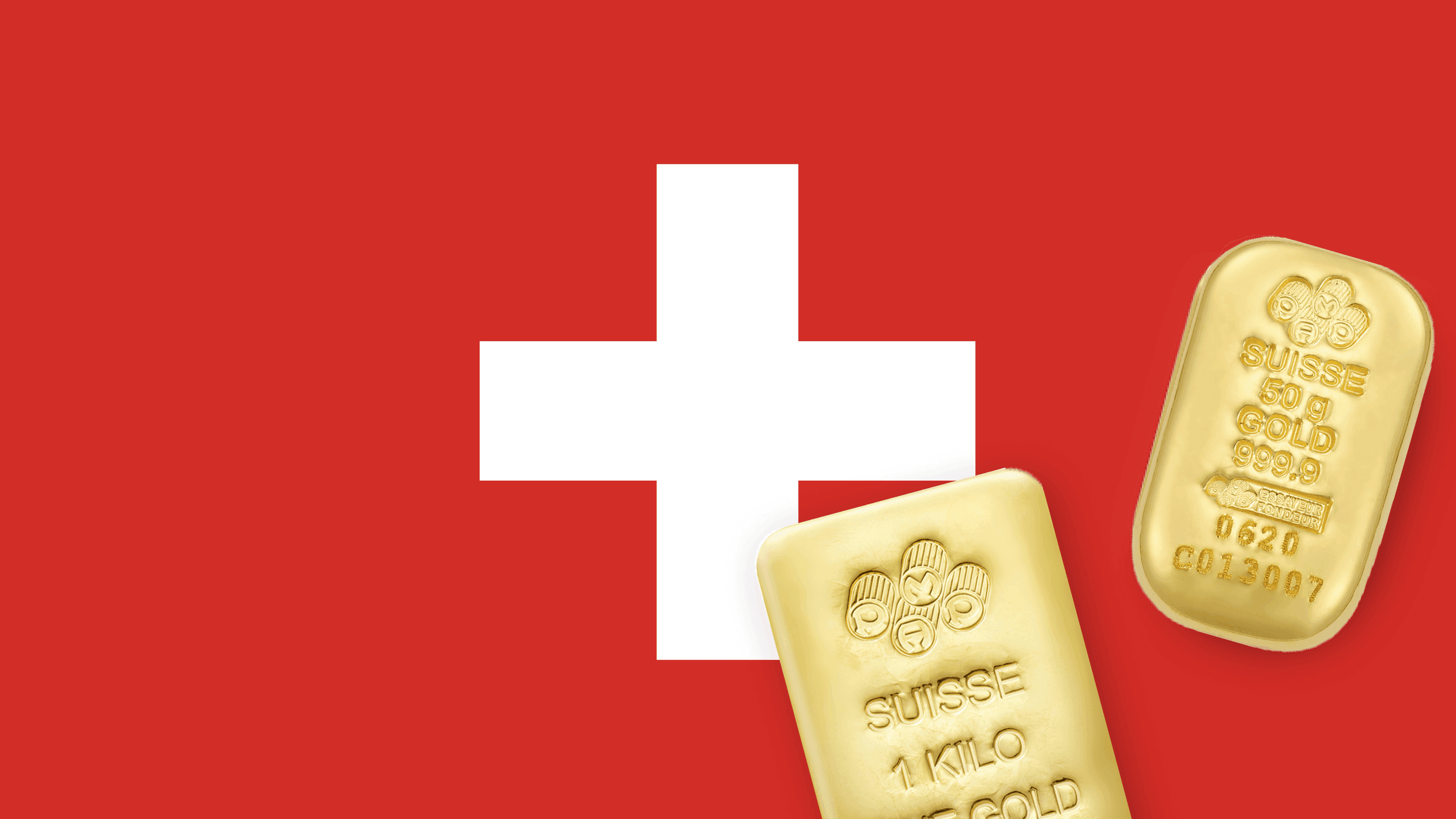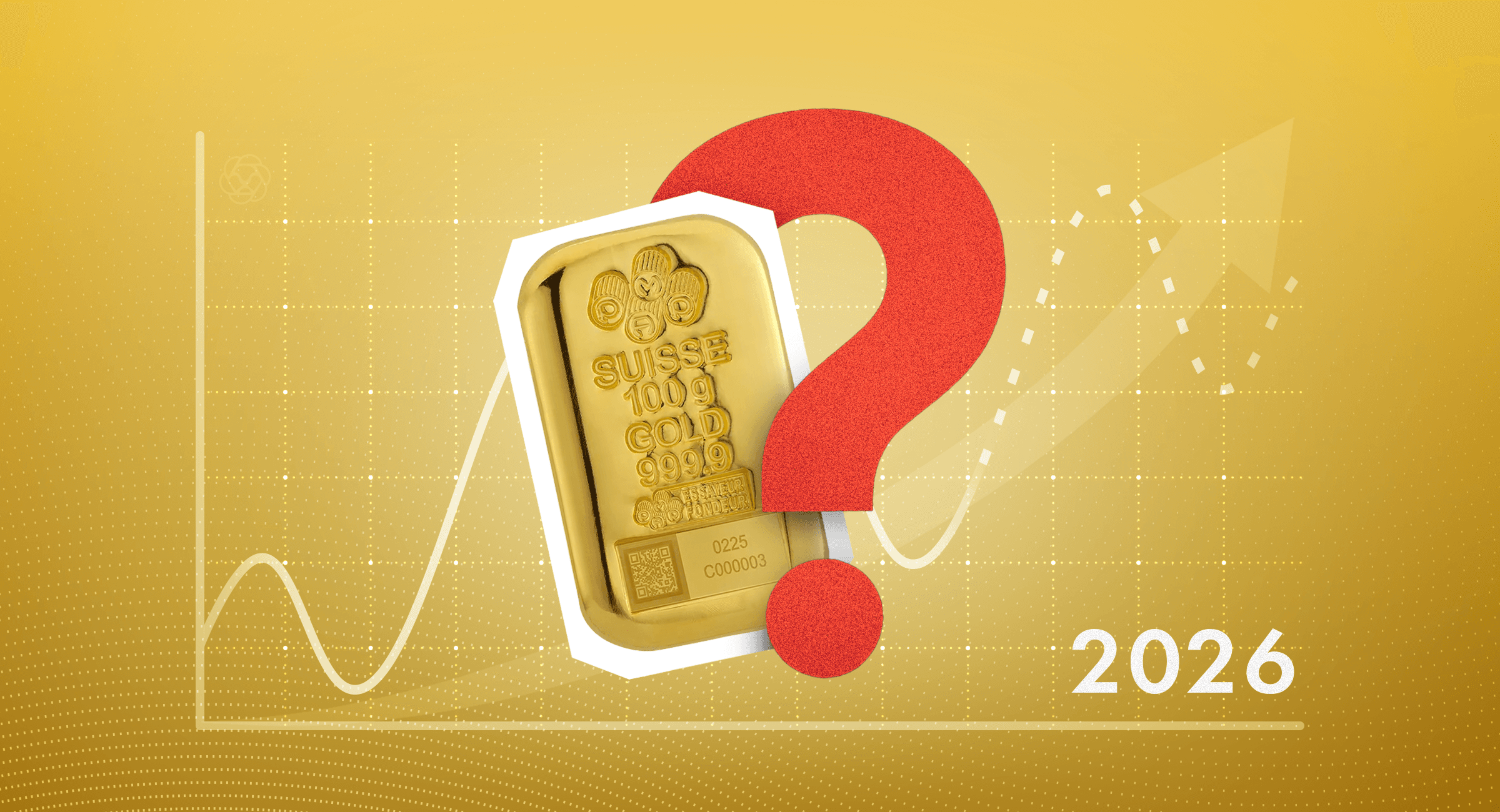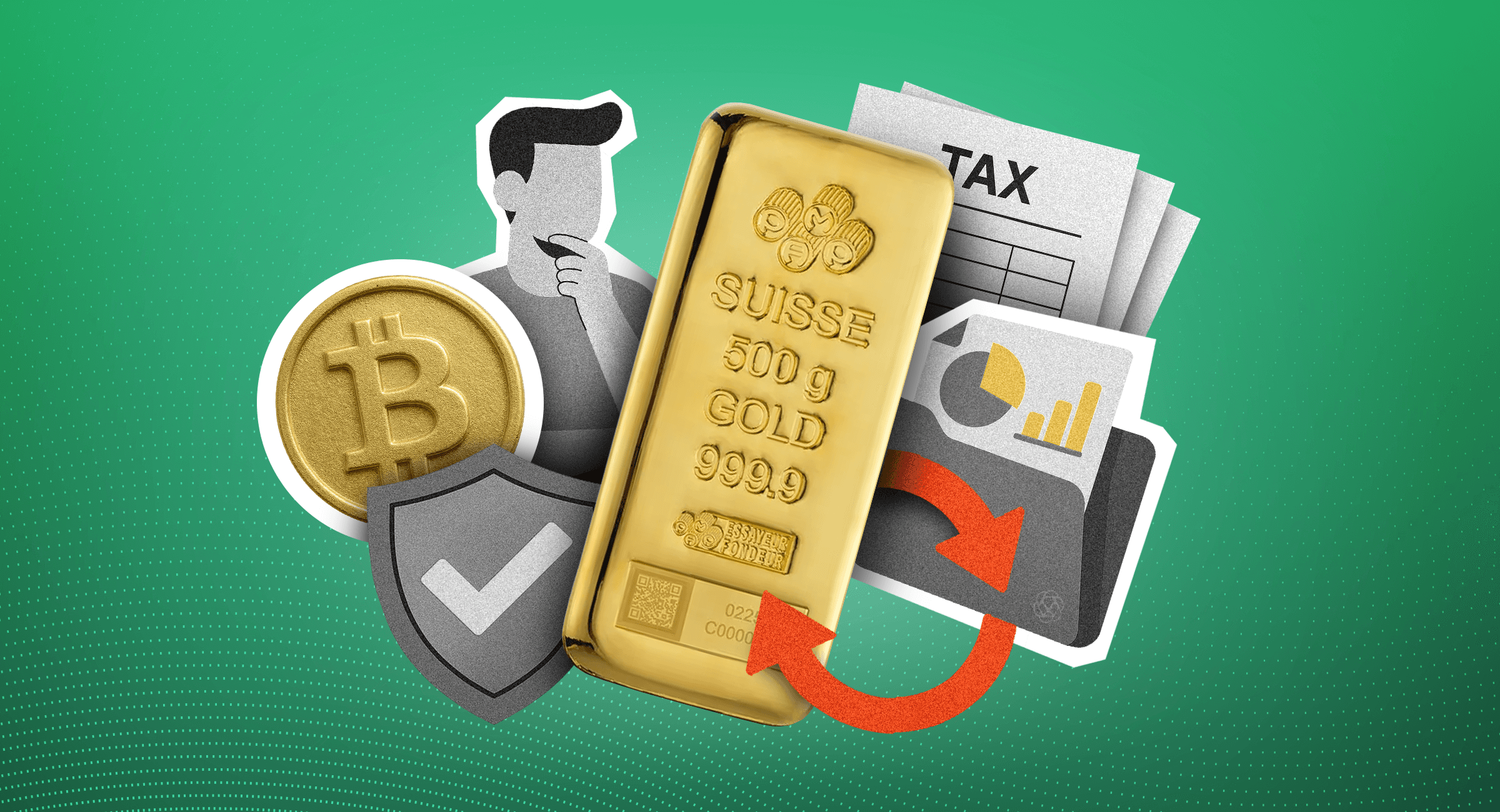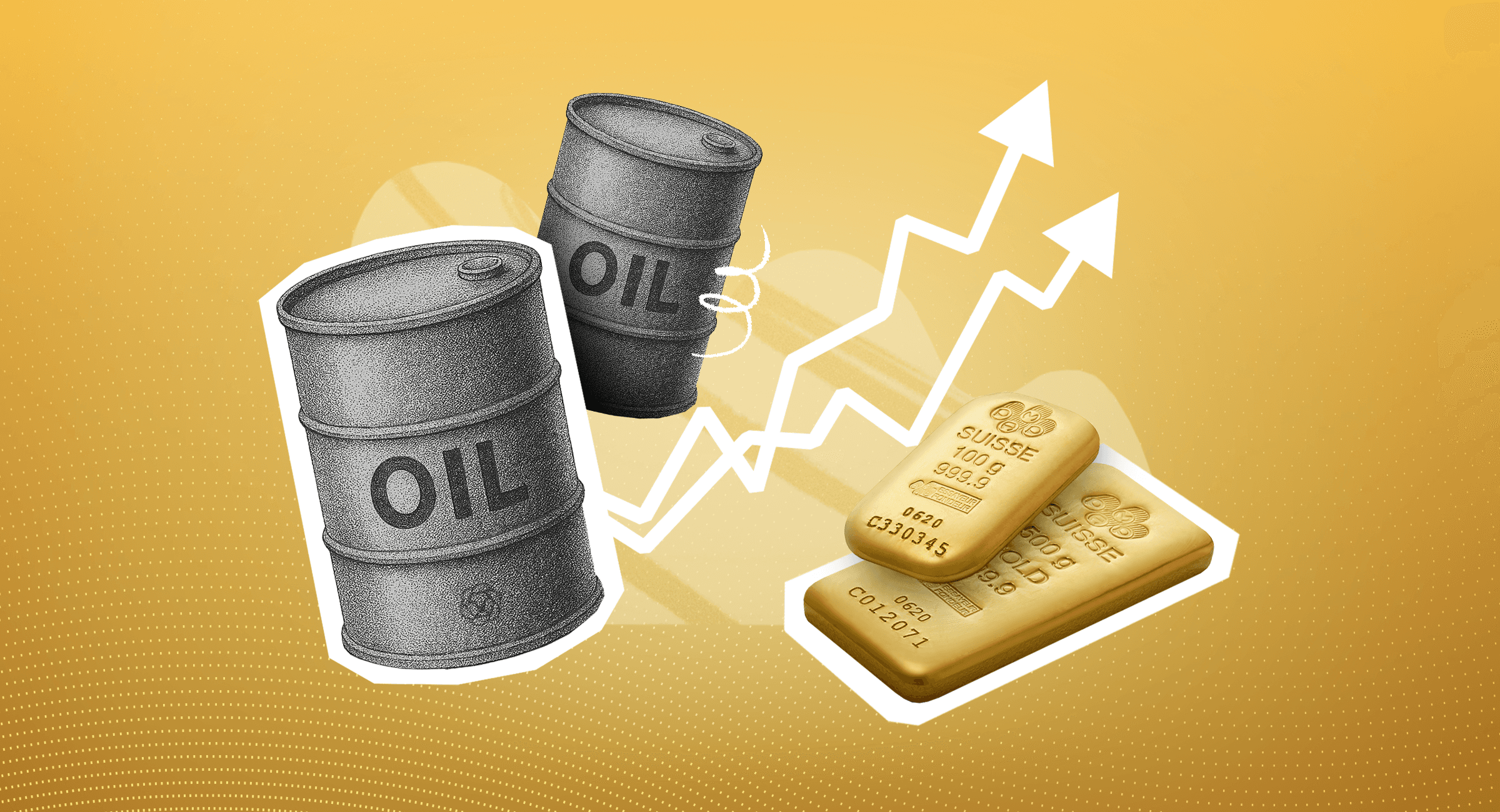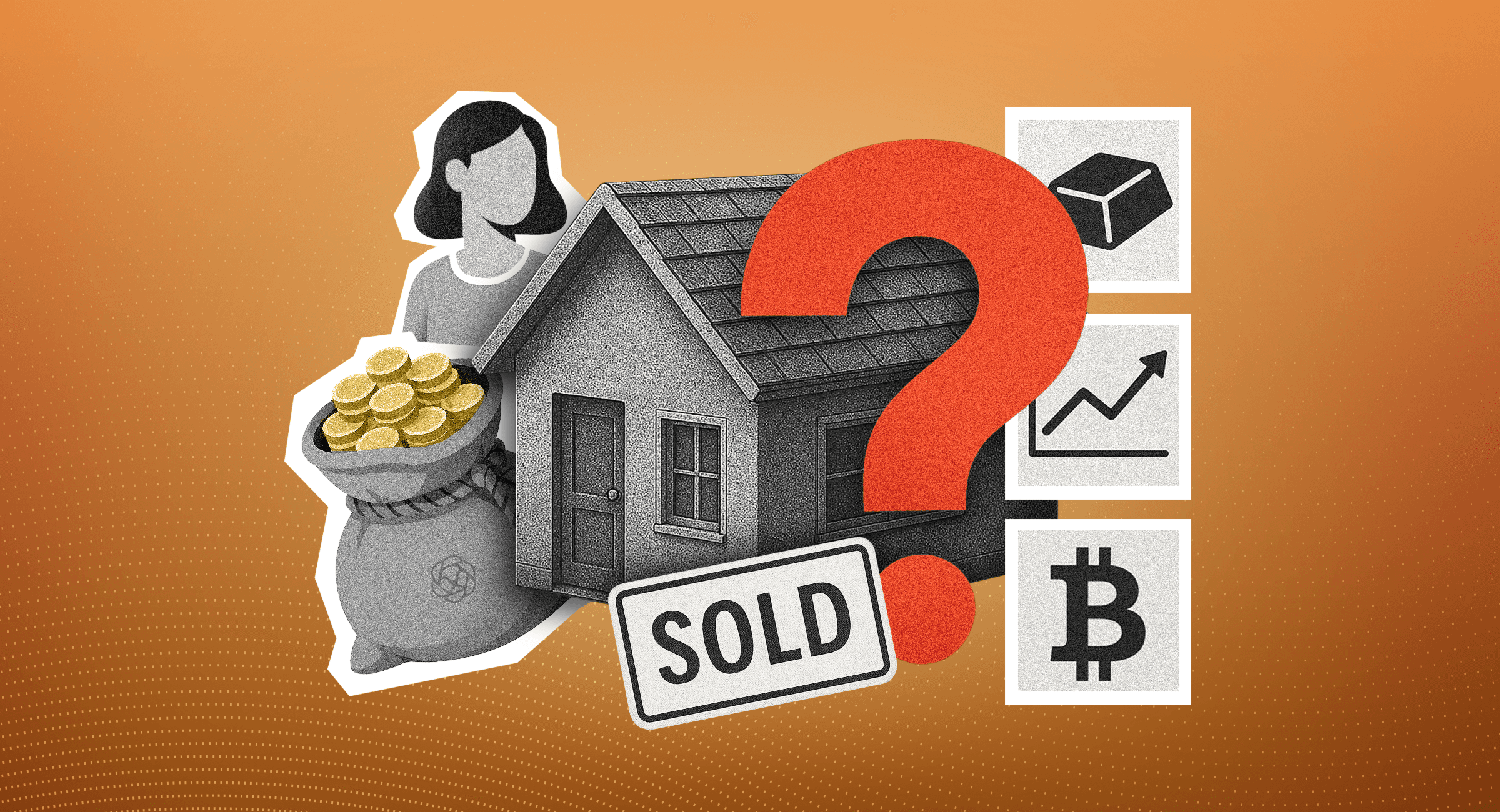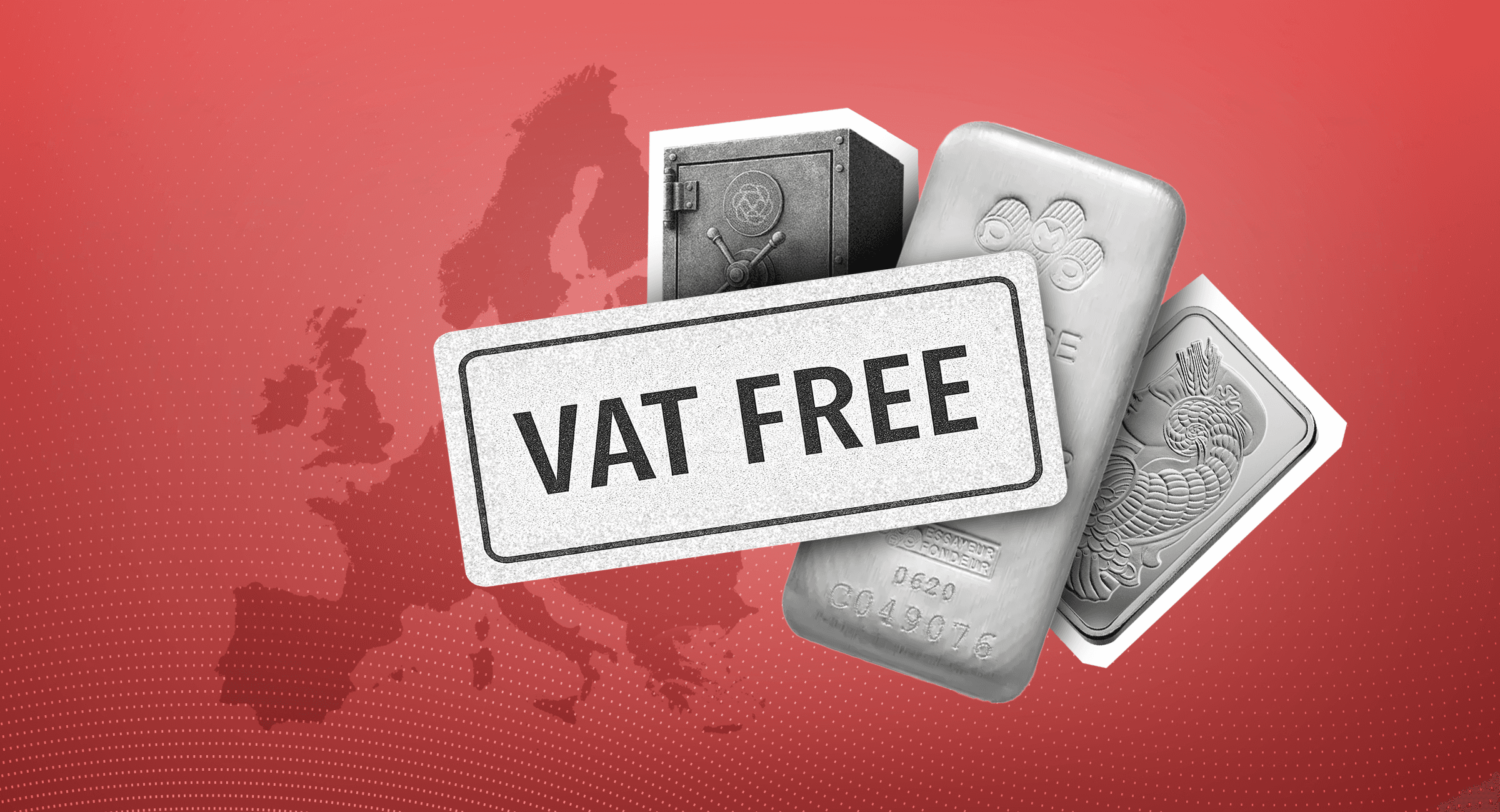10 minuti di lettura
The Spotlight
35 minuti di lettura
Prezzo dei metalli preziosi nel 2026: previsioni, scenari e prospettive
The Spotlight
12 minuti di lettura
Oro vs altri investimenti: perché conviene nel 2025
The Spotlight
1 minuti di lettura
Platino e palladio: perché considerarli per i tuoi investimenti
The Spotlight
15 minuti di lettura
Tendenze 2025: la domanda di oro in Europa raggiunge livelli record
The Spotlight
5 minuti di lettura
Regali di Natale in oro: un dono senza tempo, tra tradizione e valore
The Spotlight
9 minuti di lettura
Rapporto oro-petrolio: esiste davvero una correlazione?
The Spotlight
13 minuti di lettura
Hai venduto casa? Ecco come reinvestire il tuo capitale in modo intelligente
The Spotlight
10 minuti di lettura
Tagli Fed e oro: cosa aspettarsi dagli ultimi tagli dei tassi di interesse?
The Spotlight
5 minuti di lettura
